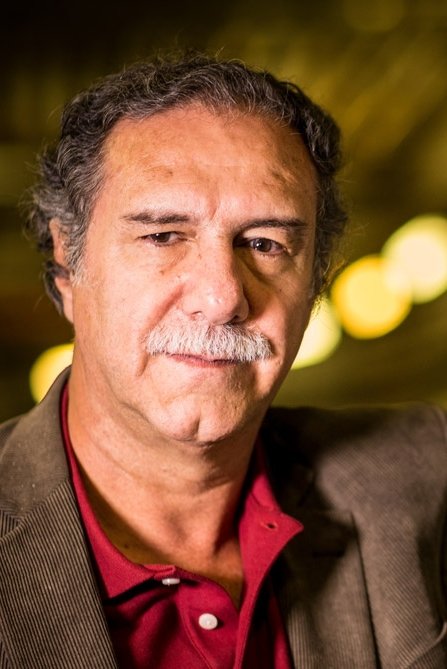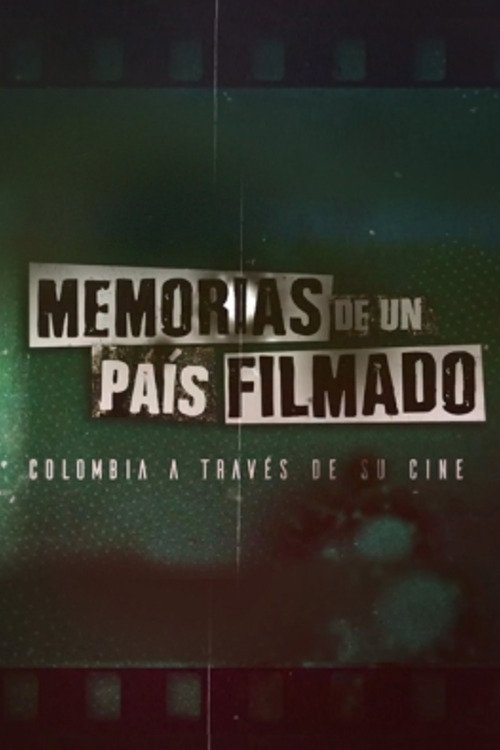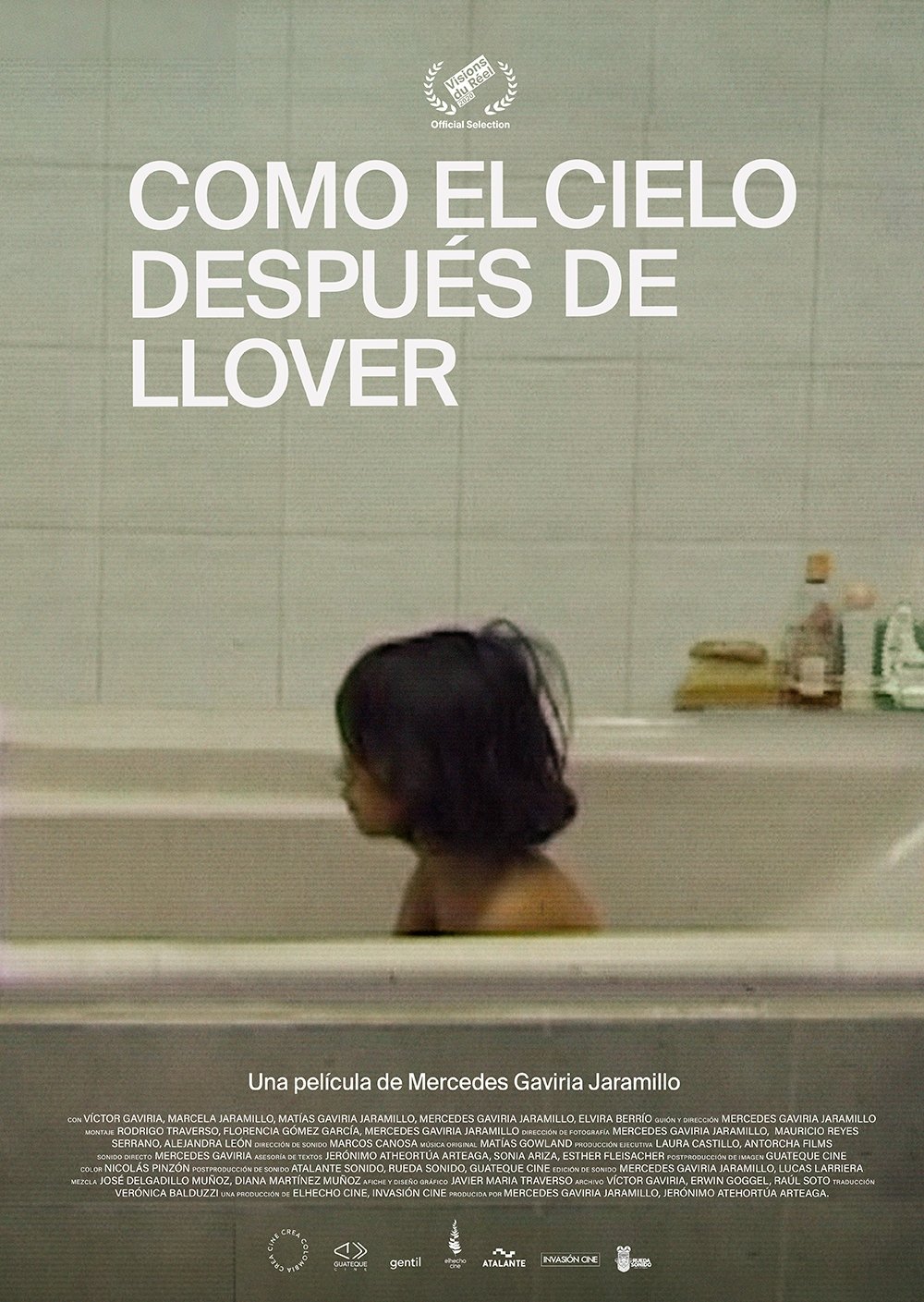

Víctor Manuel Gaviria González (born January 19, 1955, in Liborina, Antioquia, Colombia) is a film director, writer, and poet. His four feature-length films are highly acclaimed and have won many international awards. He is the first Colombian filmmaker to be featured at the Cannes Film Festival in France. He is often recognized as the most influential and well-known filmmaker to come out of Colombia, often being considered an exception to Colombian Cinema.

Cinema is a historical, social and cultural document that allows...

After studying abroad, Mercedes returns to Colombia to work on...